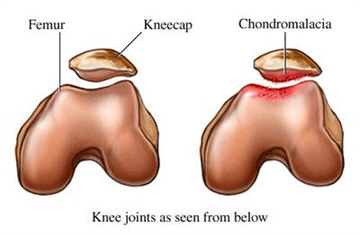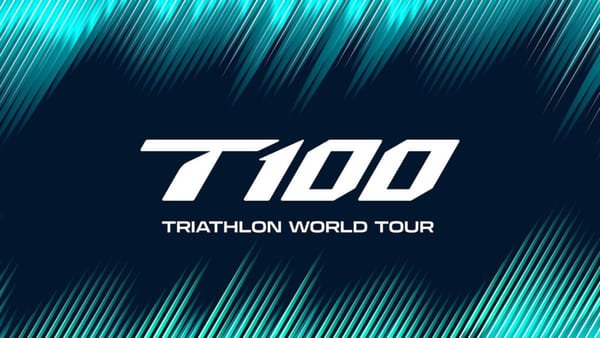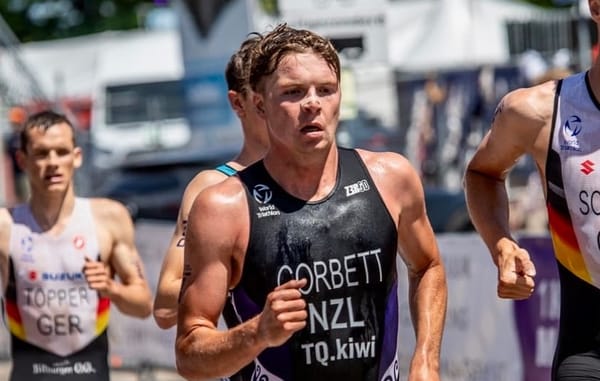Running Injuries – The Big Five Series – Runners Knee (Chondromalacia)
Runner's knee – chondromalacia Definition: A softening or wearing away and cracking of the cartilage under the kneecap, resulting in pain and inflammation. The cartilage becomes like sandpaper because the kneecap is not riding smoothly over the knee.

Definition
A softening or wearing away and cracking of the cartilage under the kneecap, resulting in pain and inflammation. The cartilage becomes like sandpaper because the kneecap is not riding smoothly over the knee.

Symptoms
- Pain beneath or on the sides of the kneecap crepitus (grinding noise), as the rough cartilage rubs against cartilage when the knee is flexed
- Pain is most severe after hill running
- Swelling of the knee
Causes
- overpronation (feet rotate too far inward on impact) – can cause the kneecap to twist sideways fatigued or weak quadriceps muscle. The quadriceps muscle assists in the proper tracking of the kneecap.
- Weakness, especially of the inside part of the quadriceps, can prevent the kneecap from tracking smoothly muscle imbalance – between weak quadricepsand tight hamstring and iliotibial band (ITB)
- Muscles can also affect proper tracking hill running (especially down hills) and running on cambered surfaces
- Incorrect or worn shoes.
- Overtraining.
ITB – Treatment Methods
Self-treatment
- Stop running. Take a course (5 – 7 days) of non-steroidal anti-inflammatory drugs (ibuprofen/voltaren/cataflam/mobic) available from your general practitioner or pharmacist
- Apply ice to the shin area – for 10 minutes every 2 hours, in order to reduce the inflammation
- Avoid weight-bearing activities and keep foot elevated where possible
- Self-massage – using arnica oil or anti-inflammatory gel, on the sore spots around the kneestretch 2 – 3 times per day.
- Strengthen the quadriceps muscle only when pain-free.
- Exercises include:
- Place pillow under knee, tighten quadriceps, push knee down into pillow and lift foot up. 20 times
- Repeat exercise as above with foot turned out in order to strengthen the inside of the quadriceps muscle. Repeat 20.
- Squats. Perform with back against wall. Bend knees slowly to between 45 – 60. Ensure that knee travels over line between bigand second toes. Hold for a count of 5 seconds. Relax slowly. 20 times
- Step-downs. Stand on step or box. Tighten quadriceps and lower opposite leg slowly to the ground.Ensure that knee travels over line and between big and second toes.Then raise the leg up onto the step,relax. Repeat 20. Increase the number of repetitions in increments of 5 every two days, all the way up to 60 reps.
- Stretching – of the quadriceps, hamstring, iliotibial band (ITB) and gluteal muscles
- Return to running gradually
- Full recovery is usually between four to six weeks
Medical treatment
- If injury doesn’t respond to self-treatment in two weeks, see a physiotherapist or orthopaedic surgeon
- Orthotist or podiatrist for custom-made orthotics to control overpronation
- Orthopaedic surgeon – surgery to scrape away rough edges of cartilage may alleviate some pain.
- Cortisone injections are ineffective
Alternative exercises
- Swimming, pool running, cycling (in low gear) “spinning”
- Avoid any exercise that places strain onto the knee
Preventative measures
- Stretching of the quadriceps, hamstring, iliotibial band (ITB) and gluteal muscles. Hold each stretch for 30 seconds, relax slowly. Repeat stretches 2 – 3 times per day.
- Remember to stretch well before running, strengthening of quadriceps, hamstring and calf muscles correct shoes, specifically motion-control shoes and orthotics to correct overpronation
- Avoid excessive downhill running, and cambered roads (stay on the flattest part of the road) .
- Gradual progression of training programme
- Incorporate rest into training programme





